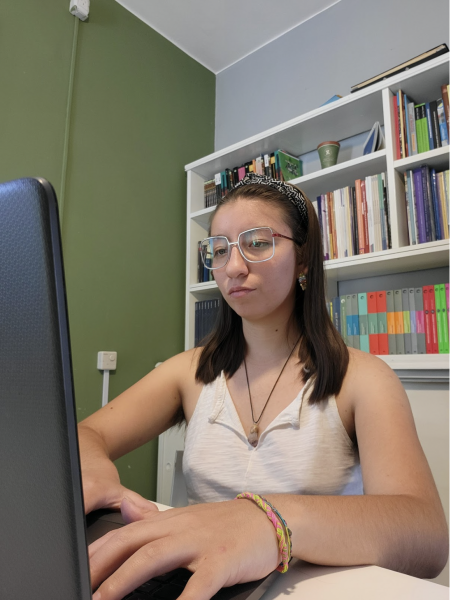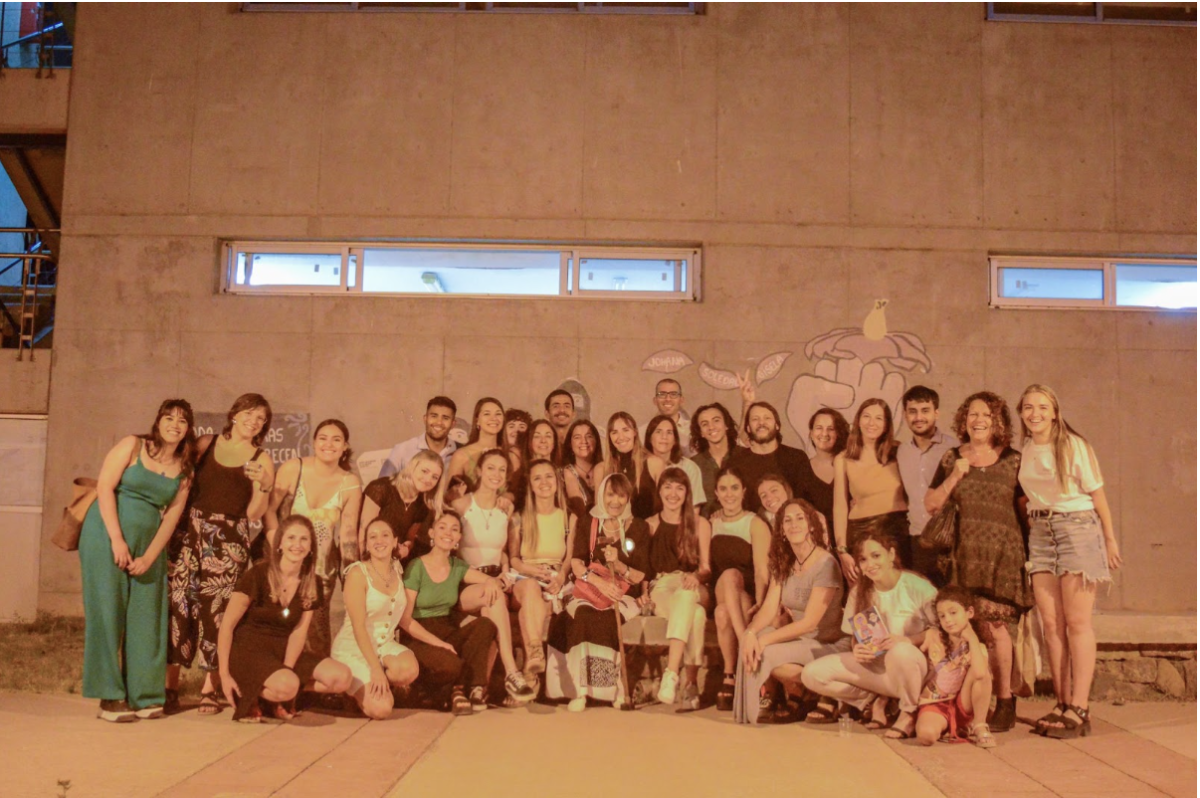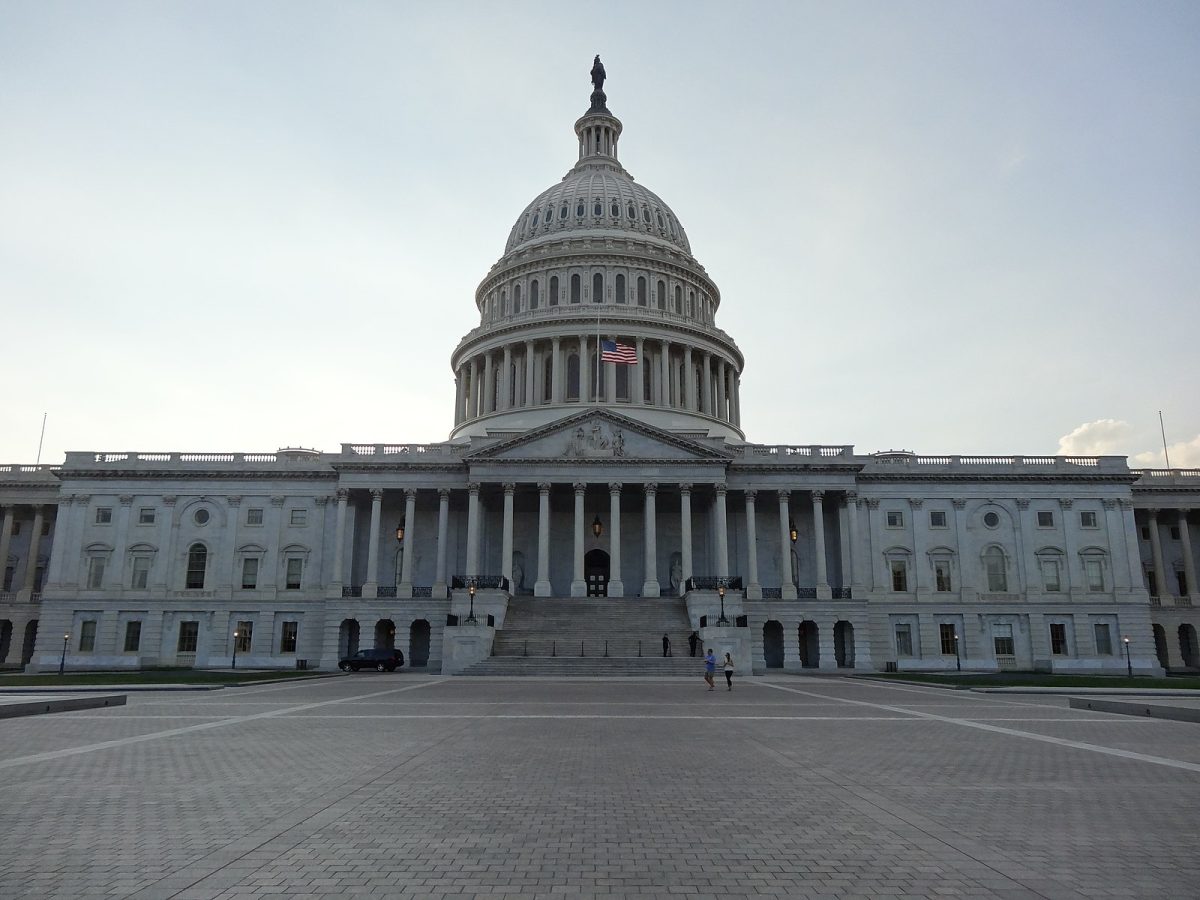In January 2023, the States of Chile and Colombia jointly submitted a request for an advisory opinion to the Inter-American Court of Human Rights (IACHR) on the Climate Emergency.
The Inter-American Court of Human Rights was created in 1979 and has its headquarters in Costa Rica. Its founding objective is to interpret and apply the American Convention on Human Rights, a treaty ratified by the members of the Organization of American States (OAS). Since then, twenty countries have accepted its jurisdiction. For their part, the United States and Canada, among other countries, have not done so. Therefore they cannot be judged by IACHR, but they are part of the OAS.
An advisory opinion is a document prepared from the consultations that the member states or the Commission formulate for the Inter-American Court regarding human rights issues. The purpose is for IACHR to issue a ruling on or interpret a certain topic and, within its possibilities, to provide the advice that the countries request.
Though advisory opinions lack binding force, they do have great influence. And in this case, the request for an advisory opinion formulated by the States of Chile and Colombia is about the link that exists between the role of human rights in the climate emergency. The response given by the Inter-American Court, that is, the advisory opinion it issues, will be key regarding the obligations that States, which have ratified the American Convention on Human Rights, have in this context of climate emergency.
In the context of the present climate and ecological crisis and imminent threat of reaching 1.5°C, The Inter-American Court has an historical opportunity to clarify the role of human rights in this context to affect the entire world. The request for an advisory opinion is made based on the principle of common but differentiated responsibilities (CBDR), a key concept when discussing countries in the Global South.
The Inter-American Court’s advisory opinion will provide guidance to countries in the region as well as other international courts regarding the development of public policies and programs at the local, national and international level in accordance with the commitments acquired in t international human rights and environmental treaties.
In this urgent context where human and non-human survival is threatened, there is no longer time for each country to try to reduce its carbon dioxide emissions or solve environmental conflicts solely within its own territory. The world needs general guidelines and clear obligations to achieve legislation and efficient public policies in each country within the framework of international cooperation.
States’ obligations to ACHR require a detailed explanation of their content by the Inter-American Court to accelerate the response to the climate emergency urgently, based on equity, justice, cooperation, caution and sustainability.
The Inter-American Court has issued 29 advisory opinions that have enlightened the countries of the region on key issues for the development and protection of human rights in our democracies. It is expected that the IACHR will rise to the occasion and a significant contribution.
It has already been received; then the Inter-American Court made available the questions that it will answer; subsequently, a period for receiving written observations and amicus curiae reports on the topics to be discussed was opened so that interested States and civil society could make their contributions; and in May 2024 an oral debate stage opens to listen to interested parties.
This public hearing will be held in Brasilia, Brazil, on May 24, and in Manaus, Brazil, on May 27, 28 and 29.
Xumek, a non-profit organization that promotes and protects human rights is participating both in the observations stage of the Advisory Opinion request and in the Public Hearing. Xumek is an NGO from Mendoza, Argentina with more than 17 years of experience in defending human rights, which does not have external financing. Xumek submitted a written observation to the more than 70-page advisory opinion request. It was a collaborative work of more than 7 months, interdisciplinary and divided into thematic areas.
Xumek will also participate in the public hearing that will be held in Brazil. Ariadna Camila Fajner Correa (Ari) will attend on its behalf. She is a member of the association’s environmental area and is part of the editorial team of the observation with the role of editing and coordination, as well as a law student at the National University of Cuyo in Mendoza, and was an exchange student and OSA at Dickinson in fall of 2023.
Xumek needs to raise funds for transportation, accommodation and meals in Brazil to guarantee our presence and representation at the hearings. Any contributions that the Dickinson community can make would be very valuable! If you want to help out, Ben Warren ’25, a current Dickinson student and friend of Ari will make his Venmo available (@Bwarren-627) then transfer the funds.







